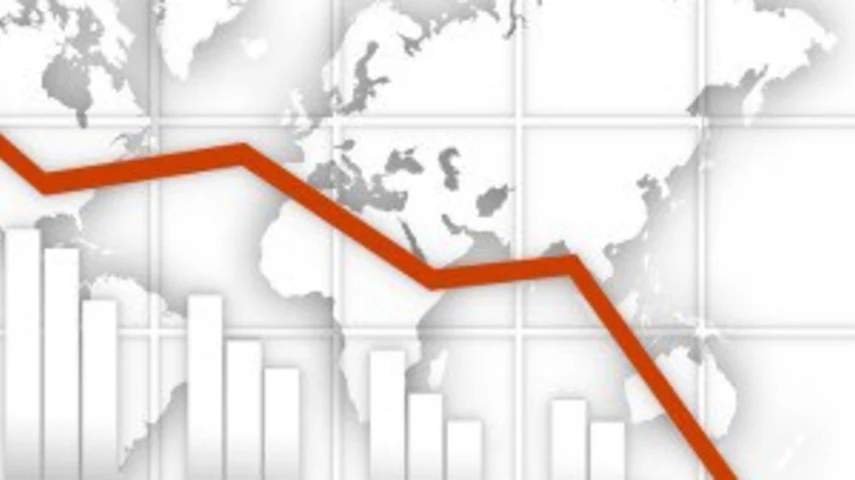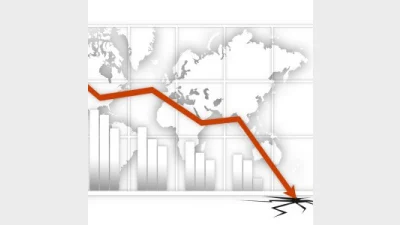Investors’ return expectations turn negative



Australian investors’ expectations for share market returns turned negative for the first time since the global financial crisis (GFC), according to Investment Trends’ October 2018 Investors Intentions Index, which tracks investors’ intended investments.
The study showed that the expectations fell sharply in October and Aussie retail investors were expecting this trend to persist over the next 12 months.
In October the average capital gain expectation of investors dropped to -1 per cent, down from 1.2 per cent in September and 4.7 per cent in January.
According to Investment Trends’ research director, Recep Peker, investors believed that domestic markets would be lower in 12 months’ time, with major global issues, not returning volatility, driving their pessimism.
“Whether directly or indirectly, Australians are concerned about the economic outcomes of the current White House administration and the trade policies being implemented both by the US and in response to them,” he said.
“With capital gain expectations for the Australian stock market turning negative at the same time that the local property market has cooled, financial services firms of all kinds will need to work hard to convince Australians to stay invested through the current cycle.”
Contrary to 2017, this year investors’ concern levels reached a 22-month high and only 27 per cent of them cited share market volatility as their major concern.
At the same time, 46 per cent said they were most concerned about the current White House administration, 40 per cent said it was tension between the world’s major economies, with a further 33 per cent and 32 per cent citing global debt levels and a China slowdown, respectively.
Recommended for you
The RBA has made its latest interest rate decision at the the final monetary policy meeting of 2025.
Greater consistency across the ASIC adviser exam has helped boost the number of first-time candidates this year with many opting to sit before undertaking a Professional Year.
Financial advice practice Eureka Whittaker Macnaught is in the process of acquiring three firms to boost its annual revenue to $25 million.
AMP has partnered with Dimensional Fund Advisors and SouthPeak IM to launch a suite of investment solutions aimed at expanding retail access to traditionally institutional funds.












